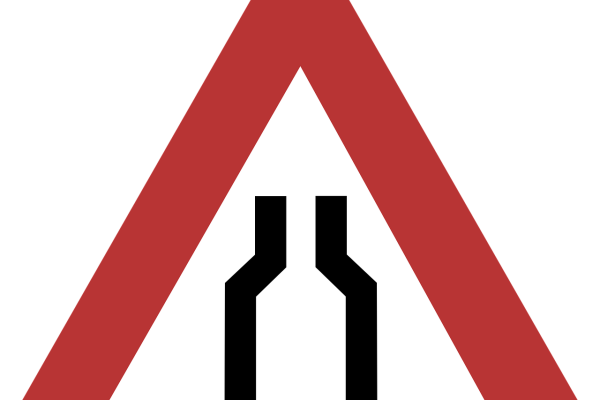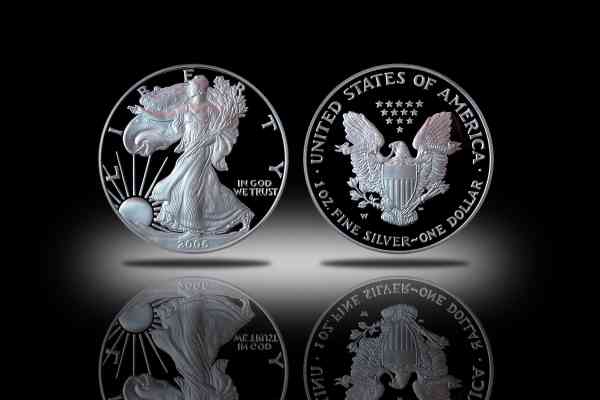February 23rd, 2023 | 15:03 CET
Unknown and better than Tesla? BYD, First Phosphate, Varta
BYD wants to have sold a whopping 1.86 million cars in 2022. That is about 500,000 more than competitor Tesla. Despite this, Elon Musk's company is still considered an e-car giant. Why is that? Certainly, the focus on Western markets has to do with the fact that many investors from the US and Europe still favour Tesla. We look at why thinking outside the box can pay off and how it can help investors seize opportunities.
time to read: 3 minutes
|
Author:
Nico Popp
ISIN:
TESLA INC. DL -_001 | US88160R1014 , BYD CO. LTD H YC 1 | CNE100000296 , FIRST PHOSPHATE CORP | CA33611D1033 , VARTA AG O.N. | DE000A0TGJ55
Table of contents:

"[...] Boron is one of the most versatile elements in the whole world! Everyone reading this text regularly uses hundreds of products that depend on boron. [...]" Tim Daniels, CEO, Erin Ventures
Author
Nico Popp
At home in Southern Germany, the passionate stock exchange expert has been accompanying the capital markets for about twenty years. With a soft spot for smaller companies, he is constantly on the lookout for exciting investment stories.
Tag cloud
Shares cloud
BYD: Operational progress, the share stands still
Chinese company BYD started in 1995 as a battery specialist and quickly outperformed Asian competitors thanks to low labour costs in China. In 2003, it took over a Chinese car manufacturer and more or less successfully copied Japanese models. But it was not until BYD started using its batteries in electric scooters and the first cars that the story became so popular that Warren Buffett also joined BYD as a major shareholder in 2008. While today's record sales figures are primarily due to successes in the domestic market, BYD has long been active in other regions as well.
In Europe, the Company launched a few months ago and is taking an extremely confident approach: The discount battle expected by many observers has yet to materialize. BYD also sells its cars at the level of Western manufacturers in terms of price, although the margins left room for a more aggressive approach. The share has recently lost some of its spirit and has gone into reverse gear. On a six-month horizon, the stock has even posted significant losses. Even in the long term, the share does not give the impression that it will become a success story again in the medium term.
First Phosphate: Exciting IPO
The situation is quite different for the Canadian company First Phosphate. The Company addresses the growing demand for phosphate in the wake of the mobility revolution. Between 2021 and 2028, the market is expected to grow from USD 10 billion to USD 50 billion, according to market researchers. Currently, about 90% is produced as lithium iron phosphate batteries in China. More critical industrial products are expected to be manufactured within the US as part of the push for greater independence from China, also called for by the Inflation Reduction Act. However, existing sources of phosphate currently feed close to 100% of the fertilizer industry. First Phosphate wants to develop new sources with its phosphate project in the Canadian district of Québec and participate in further value creation for the battery industry.
The Lac à L'Orignal project looks promising after preliminary geological work - work is also underway for an initial economic feasibility study. The projects in Québec are accessible by road and located near a deep sea port. In addition to Lac à L'Orignal, there is further exploration potential on 1,500 sq km. Yesterday, the share started trading in Canada and is also listed in Germany. The stock could be exciting because of its approach, which includes processing the lithium iron phosphate for the North American market in addition to mining. First Phosphate is a candidate for the watch list.
For more information, see CEO John Passalacqua's presentation at the 6th International Investment Forum (IIF) held last week:
Varta: Hearing aid instead of a turbocharger
While First Phosphate's stock is starting on the stock market without any legacy issues, investors in Varta are always likely to look to the past - the share was well into triple digits just a few years ago. At that time, Varta was traded as the German battery hope. The Company offers high-performance batteries to be installed in sporty vehicles. After a profit warning, however, the share went even further down. The EUR 30 mark was a resistance for the value several times in recent weeks. The great e-car fantasy surrounding Varta has faded - the share currently exudes more the esprit of a manufacturer of button cells for hearing aids.
While BYD should have most of its development behind it and the Varta rocket has yet to really take off, First Phosphate could become an insider's tip in the coming weeks and months. Today, lithium iron phosphate batteries are predominantly sourced from China. Becoming more independent here is the declared goal of Western governments. Given a promising project and involvement in the broader value chain, investors can keep First Phosphate on their radar.
Conflict of interest
Pursuant to §85 of the German Securities Trading Act (WpHG), we point out that Apaton Finance GmbH as well as partners, authors or employees of Apaton Finance GmbH (hereinafter referred to as "Relevant Persons") may hold shares or other financial instruments of the aforementioned companies in the future or may bet on rising or falling prices and thus a conflict of interest may arise in the future. The Relevant Persons reserve the right to buy or sell shares or other financial instruments of the Company at any time (hereinafter each a "Transaction"). Transactions may, under certain circumstances, influence the respective price of the shares or other financial instruments of the Company.
In addition, Apaton Finance GmbH is active in the context of the preparation and publication of the reporting in paid contractual relationships.
For this reason, there is a concrete conflict of interest.
The above information on existing conflicts of interest applies to all types and forms of publication used by Apaton Finance GmbH for publications on companies.
Risk notice
Apaton Finance GmbH offers editors, agencies and companies the opportunity to publish commentaries, interviews, summaries, news and the like on news.financial. These contents are exclusively for the information of the readers and do not represent any call to action or recommendations, neither explicitly nor implicitly they are to be understood as an assurance of possible price developments. The contents do not replace individual expert investment advice and do not constitute an offer to sell the discussed share(s) or other financial instruments, nor an invitation to buy or sell such.
The content is expressly not a financial analysis, but a journalistic or advertising text. Readers or users who make investment decisions or carry out transactions on the basis of the information provided here do so entirely at their own risk. No contractual relationship is established between Apaton Finance GmbH and its readers or the users of its offers, as our information only refers to the company and not to the investment decision of the reader or user.
The acquisition of financial instruments involves high risks, which can lead to the total loss of the invested capital. The information published by Apaton Finance GmbH and its authors is based on careful research. Nevertheless, no liability is assumed for financial losses or a content-related guarantee for the topicality, correctness, appropriateness and completeness of the content provided here. Please also note our Terms of use.




